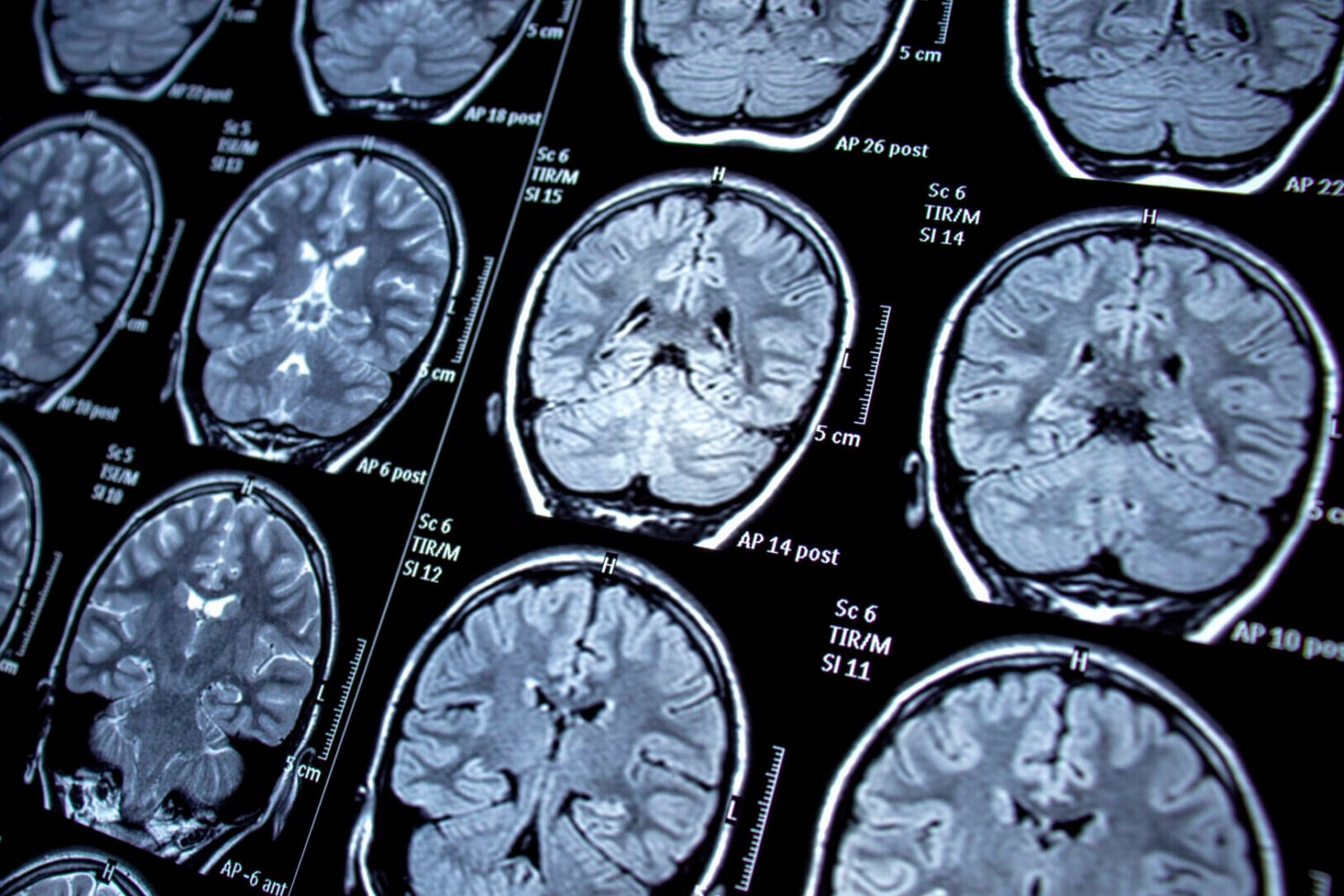Shingles, a painful reactivation of the chickenpox virus, has been linked to an increased risk of cognitive decline in a new study. This research strengthens the argument for shingles vaccination as a potential preventative measure against dementia.
Shingles, also known as herpes zoster, is caused by the varicella-zoster virus (VZV), the same virus responsible for chickenpox. After a chickenpox infection, the virus can lie dormant in the nervous system for years, sometimes decades. In about one-third of cases, VZV reactivates, causing shingles, which is characterized by a painful rash, blisters, and other debilitating symptoms that can last for several weeks. Some individuals may also experience persistent nerve pain, known as postherpetic neuralgia, for years.
The link between VZV and long-term neurological issues, particularly Alzheimer’s disease and dementia, has been a subject of ongoing research. While some studies have suggested a connection, others have not found conclusive evidence. A new study conducted by researchers at Brigham and Women’s Hospital aimed to shed light on the potential relationship between shingles and cognitive decline.
The researchers analyzed data from three large prospective studies involving nurses and healthcare professionals, totaling nearly 150,000 participants. These studies tracked participants’ health over time, including their cognitive function and history of shingles.
The study revealed a significant association between shingles and subjective cognitive decline. After adjusting for other potential contributing factors, the researchers found that individuals who had shingles were approximately 20% more likely to report cognitive decline, regardless of gender. The risk was even higher in men with the APOE4 gene variant, a known genetic risk factor for Alzheimer’s disease. These findings were published in Alzheimer’s Research & Therapy.
While this study doesn’t definitively prove a cause-and-effect relationship, it adds to a growing body of evidence. Recent research from the UK, for example, found that individuals vaccinated with Shingrix, a newer shingles vaccine, had a lower incidence of dementia over a six-year period compared to those who received an older, less effective vaccine. Shingrix is already highly effective in preventing shingles, offering over 90% protection for at least seven years. Previous research by the Brigham and Women’s Hospital team has also linked shingles to an increased risk of cardiovascular disease.
These findings underscore the importance of shingles prevention, according to researcher Sharon Curhan, an assistant professor of medicine at Brigham and Women’s Hospital. “Given the increasing number of Americans at risk for shingles and the availability of a highly effective vaccine, shingles vaccination could significantly reduce the burden of this disease and potentially lower the risk of subsequent cognitive decline,” she stated.
Without vaccination, approximately one in three Americans over 50 are projected to develop shingles due to the prevalence of chickenpox in the past. Preventing shingles with two vaccine doses is a simple yet effective measure, and the potential for improved cognitive health as we age is an added benefit.











